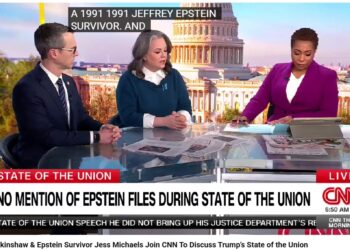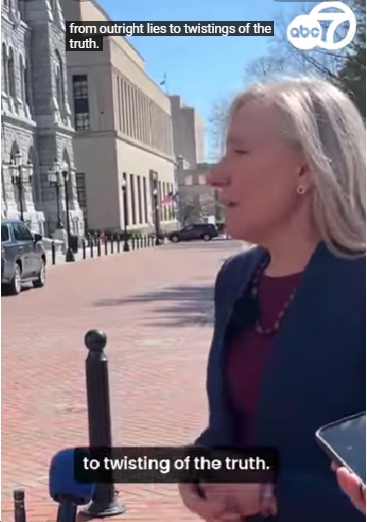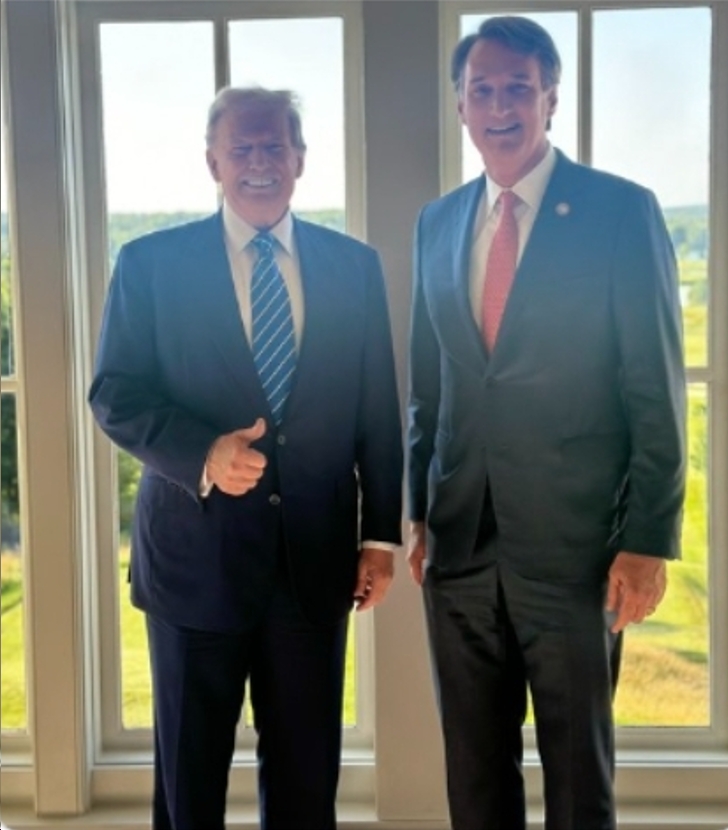This piece has appeared in newspapers in my very red congressional District (VA-06).
*************************
It is a genuine psychological mystery—so many people believing the incredible. Here’s just one dramatic illustration.
President Trump and then-FBI Director James Comey had conversations early in 2017. The two men give different accounts of what transpired. Comey says Trump sought his loyalty, and that he Trump leaned on him to get him to back off on the investigation of Mike Flynn, who’d clearly broken the law. Trump denies Comey’s story.
Who is to be believed? The answer could hardly be more obvious.
James Comey has proved himself the quintessential “reliable witness.” Immediately after the conversations in question, Comey did what the model witness would: he wrote up a contemporaneous memorandum detailing exactly what had transpired. Then he immediately gathered his main team of law enforcement professionals to tell them all what had just happened, so that if necessary, they too could bear witness.
Even Comey’s severest critics testify to his impeccable honesty.
On the other side, we have a President who has provably lied (or told falsehoods) at a rate that, for the first year, was five falsehoods a day and, as the Mueller investigation has been closing in on him, has increased to seven or eight lies a day.
(His penchant for lying should be clear to everyone: Just witness how he changes his story on one thing after another – like the payoff to Stormy Daniels, and the meeting with the Russians in Trump Tower – when the disclosure of new information undercuts what he’d said before.)
Moreover, what Comey describes rings true, because we’ve witnessed Trump’s displaying precisely the same conduct — publicly – as he’s gone after his Attorney General. Repeatedly, Trump has expressed his fury at Sessions’ “disloyalty” in recusing himself—meaning Sessions’ putting upholding the law above protecting the President.
Whom to believe—the model witness with lifelong devotion to law enforcement or the prodigious liar who consistently shows his disrespect for the rule of law? Can there be any question?
Yet polls show that the great majority of Republicans believe the chronic liar Trump.
How can that be?
I’ve been really interested in understanding the psychology of politics for more than half a century. When I was 19, I wrote about the “Radical Right” of those times—the kind of people who thought that rock-and-roll was a communist conspiracy to stoke the forbidden animal impulses of America’s youth. When I was 40, I was awarded a prize by the International Society for Political Psychology for my first book (The Parable of the Tribes).
Which is not to boast but just to provide a context for my confessing how difficult I’m finding it, despite a half century of study, to understand how tens of millions of Americans – many with good intelligence – can believe the unbelievable.
Those people back in the 50s — agitated by the incredible belief that rock-and-roll was a communist plot — might be seen as a small “lunatic fringe,” people with a bit of craziness in them that gets expressed in their politics.
But today we’re talking about more than a third of the nation—including a lot of reasonably well put-together people – who somehow give credence to a proven prolific liar not only over Comey but also over those American institutions (like the Press, and the Legal System) whose central task it is to ferret out the truth.
What is happening in people’s minds that leads them to believe the obviously false, and prevents them from seeing what is clearly true?
An image arises when the question is posed that way: the hypnotic trance. The hypnotized person believes whatever the hypnotist says; and the hypnotist can induce blindness to what is right in front of their eyes.
The idea of “trance” has been broadened, among some in the field, since I studied it many decades ago: it’s a matter, some say, of “filtering”: we attend to some things while ignoring others. In that sense, they say, all of us are in some kind of “trance” all the time.
(There’s a famous study in which people are given an assignment to watch a video of basketball players and count how many passes they made. In the midst of the video, “a woman in a gorilla suit sauntered into the scene, faced the camera, thumped her chest and walked away. Half the viewers missed her. In fact, some people looked right at the gorilla and did not see it.”)
The extreme case of the hypnotic trance introduces another factor that can shape people’s filtering — when one person gives power over to another to control what they will see and what they will be blind to.
Those who believe Trump – against all evidence – do seem to have given over to their leader some of their powers. Might the idea of “trance” in which one person is exercising power over others — help explain otherwise sane and intelligent people believing the manifestly unbelievable?
But how could such a “trance” have been induced? And how does it work for some trance state to operate in people’s political consciousness at the same time they’re otherwise living their own autonomous lives?
Even if the answer to this psychological mystery of the Trump believers lies along these lines – which I suspect, while remaining uncertain — such mysteries about the “trance” phenomenon remain.
And other mysteries as well: such as how our human nature came to include our susceptibility to entering trance states, and our vulnerability to being controlled in such a way?
And one more, somewhat urgent for us Americans: is there any way for others, not party to the trance relationship, to break in and awaken the entranced to the reality right before their eyes?





![Video: Speaking at Democratic AG’s Conference, Jay Jones Says Trump “probably doesn’t like the fact that I’m sitting in this seat, but here I am ready to defend [against] anything that he’s trying to do.”](https://bluevirginia.us/wp-content/uploads/2026/02/jonessanfran.jpg)












